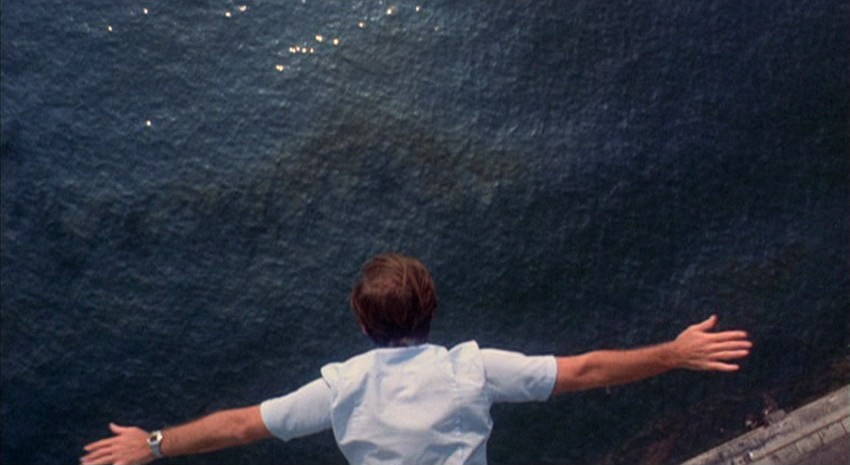Excerpt from Michelangelo Antonioni about his movie ‘The Passenger’ (1974)
The story of ‘The Passenger’, perhaps, looks like my story as an artist, as a director. I do not know if I will succumb: I am not talking about the temptation to change identity, because everyone has that. I’m talking about destiny, because each one of us carries his own destiny within him. I do not know if I will succumb to all those actions that, at the end of a life, come together to form one’s destiny. Some succumb, others does not.

Perhaps it’s a mistake to change one’s identity: you succumb to life and die. It depends on what you do once you have taken another identity. It is a presumption that will most likely bring a person into conflict with life itself. A journalist sees reality with a certain consistency, the ambiguous consistency of his point of view, which seems objective to him and to him alone. (…) After all, everything I do is absorbed in a sort of collision between reality and me. Neither lucidity or clarity can be counted among my qualities. I will never find the exact equivalent of my imagination.
The whole film is ambiguous, but I think this ambiguity is what gives it a sense of the concrete. Being, says Heidegger, is being-in-the-world (dasein). When David feels that this is the end (but even he is probably not so sure), he is no longer in the world. The world is outside the window. It is reportage on his own death.
Few people understood that behind the character of Jack Nicholson there was myself. Like him I have often wished I could change my identity, life, and encounters, forgetting my love and my duties, presences and absences to take on the identity of a stranger, to begin another adventure.
Leave a Reply